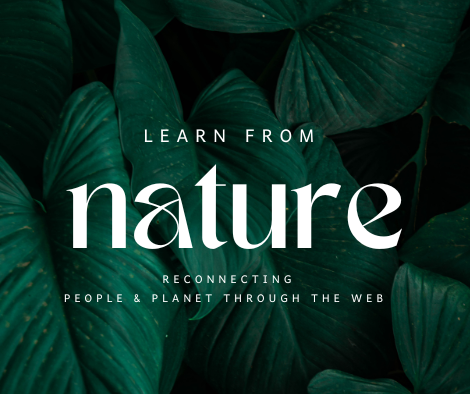
World Whale Day, the annual calendar celebrated on the third Sunday in February (February 18), seeks to appreciate these amazing marine creatures that are an important part of the ecosystem. Once upon a time, we could just enjoy these creatures for their majesty – species that visit Moreton Bay Marine Park include the mighty Humpback (migrating to and from their southern feeding grounds between June and October), eight species of dolphin including the bottlenose and the Australian Humpback dolphin – now the day ‘must’ goes beyond that, and draws attention to the human-made challenges that have erupted making life for these marine life extra difficult!
Threats to whales and dolphins seem to be a growing list …
- Whaling: whilst the list of countries still undertaking this cruel practice is shorter than ever, is still has massive, deadly impacts
- Entanglement in fishing gear: Like us, whales and dolphins are mammals – and breathe air, so when they get tangled up in a net, rope or fishing line it can be a race against time to reach the surface or to escape. In their desperation to escape and avoid suffocation, or in getting tangled in gear, some tear muscles, break teeth, and sheer off fins. The more they struggle, the more entangled they can become. Also called ‘ghost gear’ or ‘by-catch’, abandoned fishing gear is a major problem in many seas and oceans, with research beginning to find out just how potentially widespread this practice is. In Australia, many other species especially marine turtles are often caught this way.
- Climate change: having ‘invisible’ impact, the warming of Planet Earth means whales’ migration routes and timings might become effected
- Ship strikes: Most reports of collisions between whales and vessels involve large whales, but all species can be affected. Collisions with large vessels often go unnoticed and unreported. Animals can be injured or killed and vessels can sustain damage. Serious and even fatal injuries to passengers have occurred involving hydrofoil ferries, whale watching vessels and recreational craft.
- Toxic contamination: Pollution is the introduction of contaminants – deliberately or accidentally – into our seas and oceans. It can cause harm and long term impact to whales, dolphins and porpoises and of course, their home, the wider marine environment. Despite PBCs being banned, they still leak into the environment through careless disposal of products
- *** sources: Australian Marine Conservation Society, International Fund for Animal Welfare, Greenpeace


1 Comment
Comments are closed.